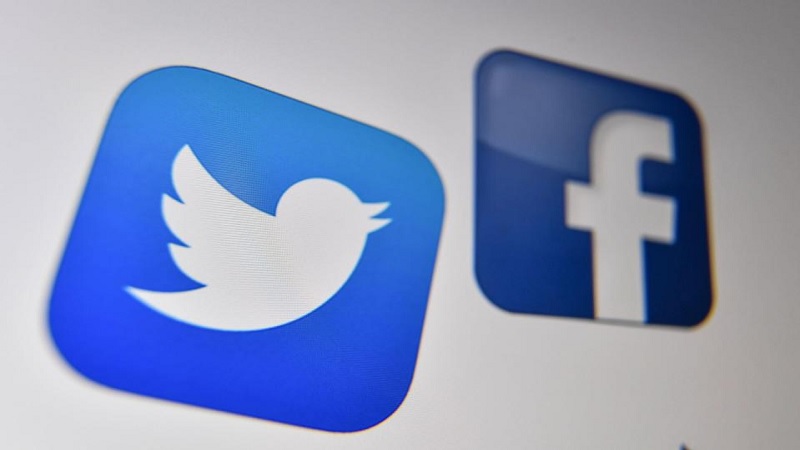 Image Courtesy:finance.yahoo.com
Image Courtesy:finance.yahoo.com
Social media companies such as Facebook and Twitter could face the consequences for their failure to comply with provisions of a notification issued by the government in February this year. SabrangIndia had previously reported that the Government of India has notified the Information Technology (Intermediary Guidelines and Digital Media Ethics Code) Rules 2021 on February 25 this year.
Appointment of officials
Social media companies were also required to appoint a resident grievance officer, a chief compliance officer and a nodal contact person, something Twitter and Facebook have not done yet as per media reports. The deadline for these appointments ends today, and this has raised concerns about the future of these social media platforms in the country.
As per media reports, only Koo that sees itself as an Indian version of Twitter has complied with the appointment requirements. Other organisations like Twitter, and Facebook, that also owns Whatsapp and Instagram, are yet to comply.
Concerns with the Code
The provisions had raised suspicions of surveillance and censorship, especially given how MEITy had worded its press release. “Social media platforms welcome to do business in India but they need to follow the Constitution and laws of India,” it had said, adding, “These Rules are a fine blend of liberal touch with gentle self-regulatory framework. It works on the existing laws and statues of the country which are applicable to content whether online or offline.”
A key requirement as per the code was, “Significant social media intermediaries providing services primarily in the nature of messaging shall enable identification of the first originator of the information that is required only for the purposes of prevention, detection, investigation, prosecution or punishment of an offence related to sovereignty and integrity of India, the security of the State, friendly relations with foreign States, or public order or of incitement to an offence relating to the above or in relation with rape, sexually explicit material or child sexual abuse material punishable with imprisonment for a term of not less than five years.”
The Ministry of Electronics and Information Technology (MEITy) at that time justified the code saying it had come up with these guidelines “amidst growing concerns around lack of transparency, accountability and rights of users related to digital media and after elaborate consultation with the public and stakeholders.”
Digital and OTT platforms
It is also noteworthy that that ethics code also laid down rules and guidelines of a primarily self-regulatory nature for digital and OTT platforms, that also include online news providers. These will be monitored by the Ministry of Information and Broadcasting (MIB).
Rules mandate self-classification of content into age-based categories. Also, when it comes to news, “Publishers of news on digital media would be required to observe Norms of Journalistic Conduct of the Press Council of India and the Programme Code under the Cable Television Networks Regulation Act thereby providing a level playing field between the offline (Print, TV) and digital media.”
Twitter in the dock again
Twitter has repeatedly found itself in the regime’s crosshairs. First for reactivating accounts associated with the farmers’ protest despite government orders to deactivate them, then for allowing anti-government hashtags to trend. Last night police “visited” the Twitter India office in New Delhi, in wake of the “manipulated media” tag attached to tweets by certain BJP leaders. But the offices were empty as employees were working from home due to Covid.
Related:
Ethics Code for Social Media, rules for OTT platforms, online news
New IT Rules: How Centre is planning to address online grievances
IFF analyses new social media Ethics Code and digital media rules